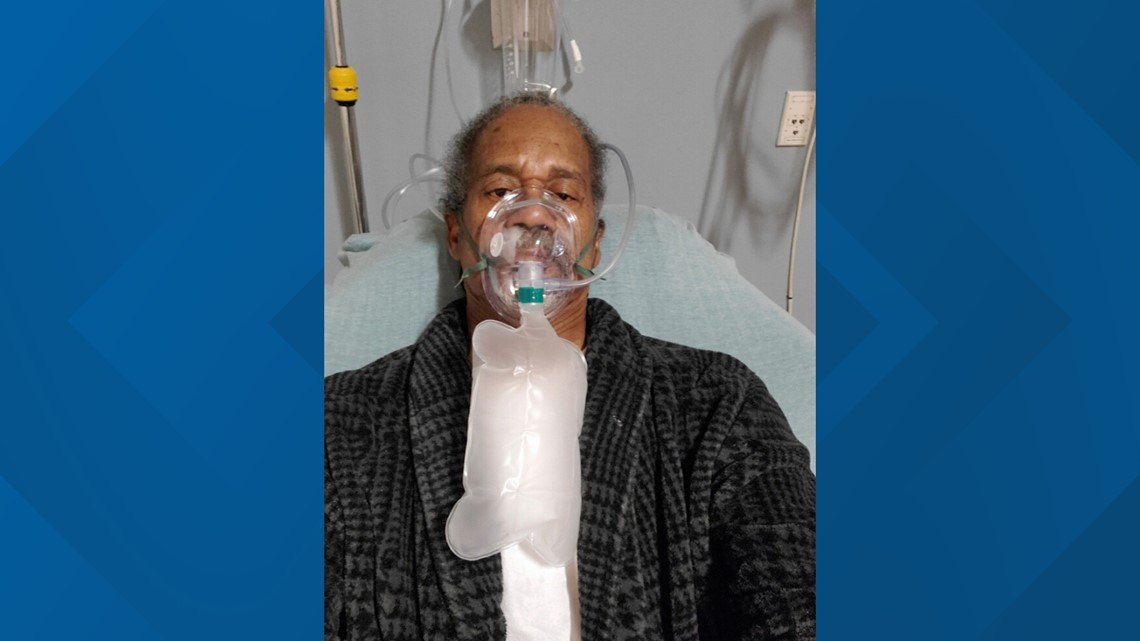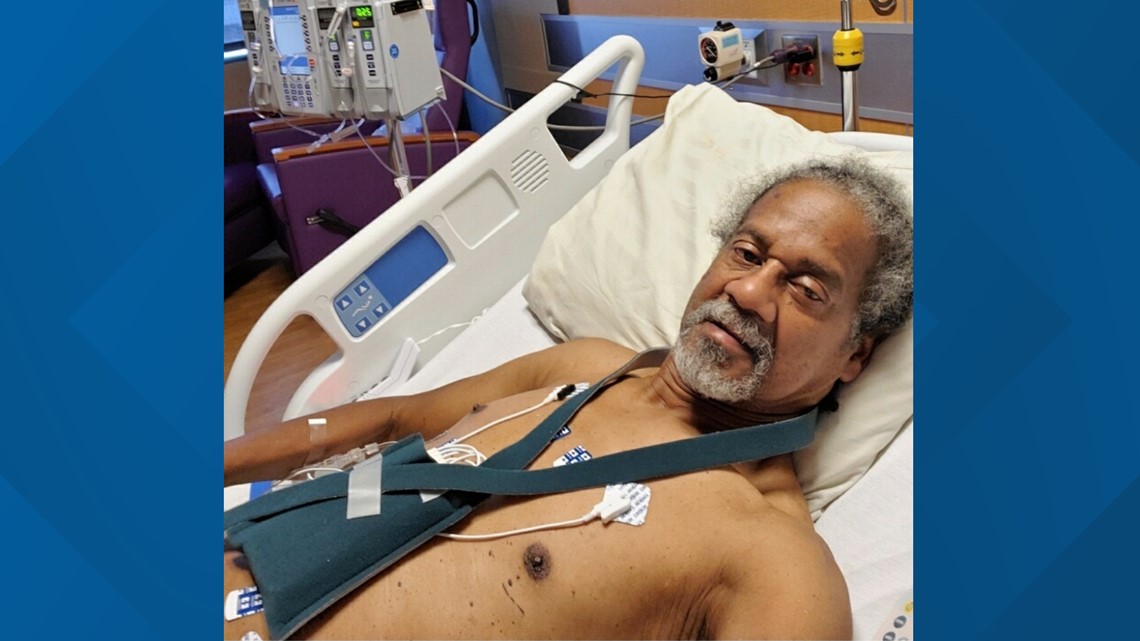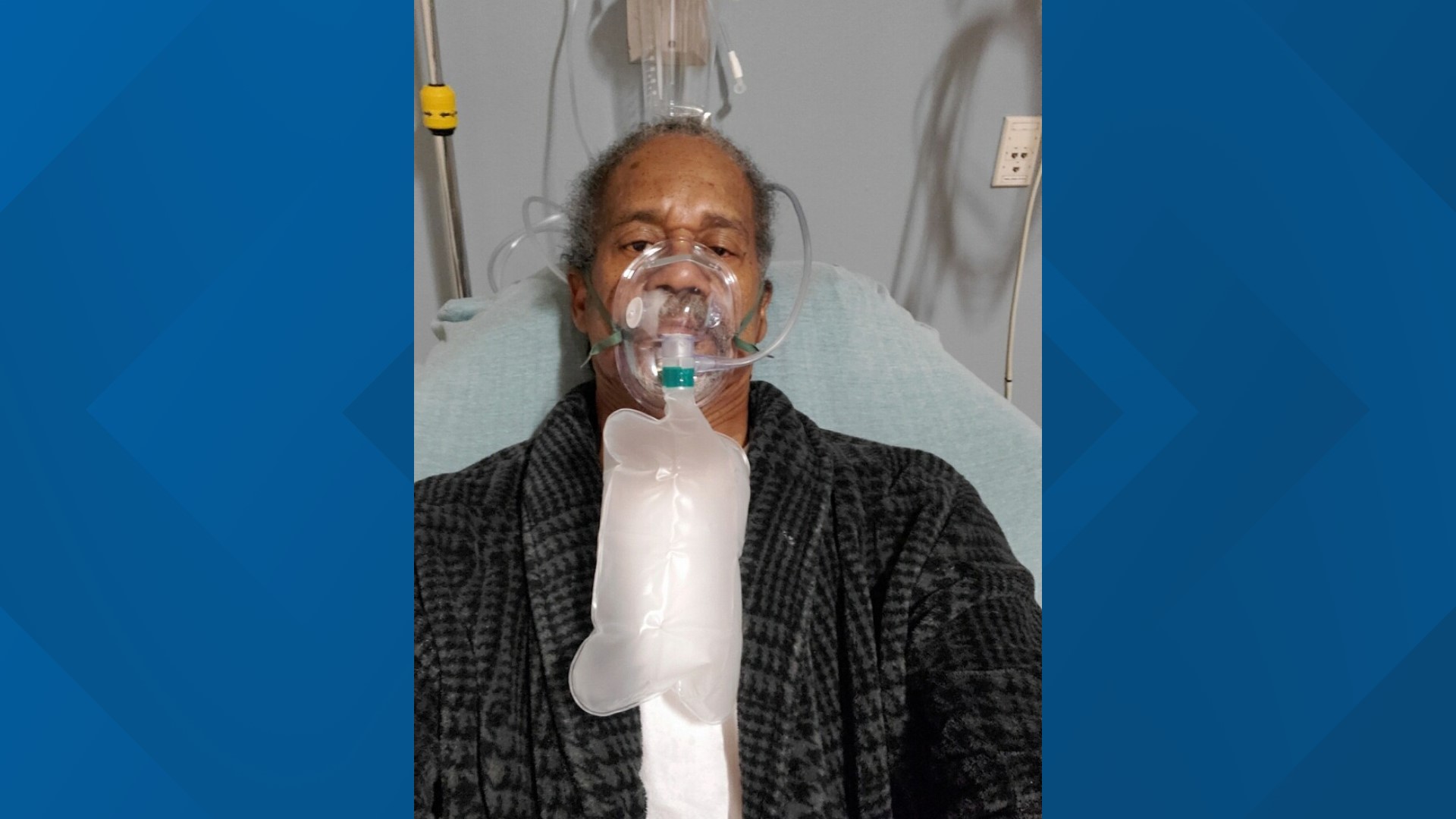FORT WORTH, Texas — Arthur Colbert kept waking up sweaty. Every night he’d sweat through his pajamas. And the headache was unbearable.
“Every 20 seconds it felt like someone had a hammer pecking me upside the head. Pow! Pow!,” he described.
He’d been tested for COVID-19 but his results weren’t yet back. His wife finally had enough.
She called 911 and an ambulance took him to John Peter Smith Hospital in Fort Worth.
“They found two blood clots in the lung. They got results back and said that I had the corona, so they admitted me into the hospital,” he said.
He was at JPS for two weeks.


As he began to show signs of improvement, doctors believed he could recover at home.
But they didn’t want him to be alone.
The COVID Home Monitoring Program through JPS Health Network was just getting off the ground, and Colbert became one of the first participants.
He was given a pulse oximeter to monitor the oxygen level in his blood, and he was told nurses would regularly check in on him.
They did.
“Every day for maybe two and a half or three weeks, they’d call me mornings, afternoons and evenings,” he said.


The nurses would ask for readings off his pulse oximeter. They’d also make sure he was drinking enough fluids, taking medications, and eating.
“I told them I had a nurse at home in my wife,” he said, laughing. “She helped me gain all my weight back.”
Some patients in the home monitoring program have been discharged after a hospital stay but still need care. Others have visited the JPS emergency room or a community health center but aren’t sick enough to be admitted.
All have tested positive for COVID and all are quarantined and isolated.
A team of nurses, social workers, case managers and interpreters work together to call each patient three times a day every day.
“You’re hearing about the cases spiking and you’re hearing about the death toll spiking when you’ve been diagnosed with it, that’s a scary thing to have to face,” said nurse Raven Shelton. “I think really the best part of our program is we help to take the anxiety out of that.”
Shelton was one of the nurses who treated Colbert on the phone.


“A couple times I didn’t answer the phone and they were really worried about that,” Colbert said. “They were getting ready to call the ambulance or the police and check to see if everything was alright.”
JPS has treated 700 patients through the program. About 240 patients are currently enrolled.
“We’re trying to address the whole patient. It’s not just you have this one thing and that’s all we’re going to focus on, we’re doing complete care,” Shelton said.
Only a handful of participants have ended up requiring hospitalization.
Most are monitored through the program for about 15 days.
“To see them at the end of it, where they’re like, ‘Look at me, I’m better. It just warms my heart,’” Shelton said.
Colbert’s headache is gone. His fever broke. He is staying home and staying healthy.
“Everything worked out real good,” he said.

